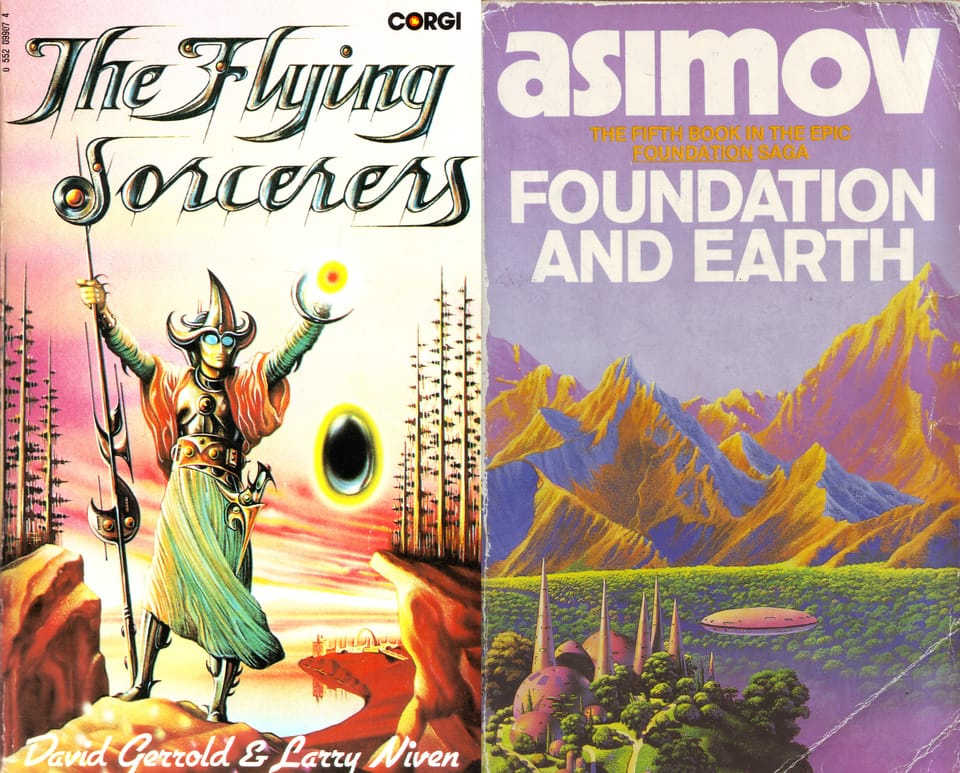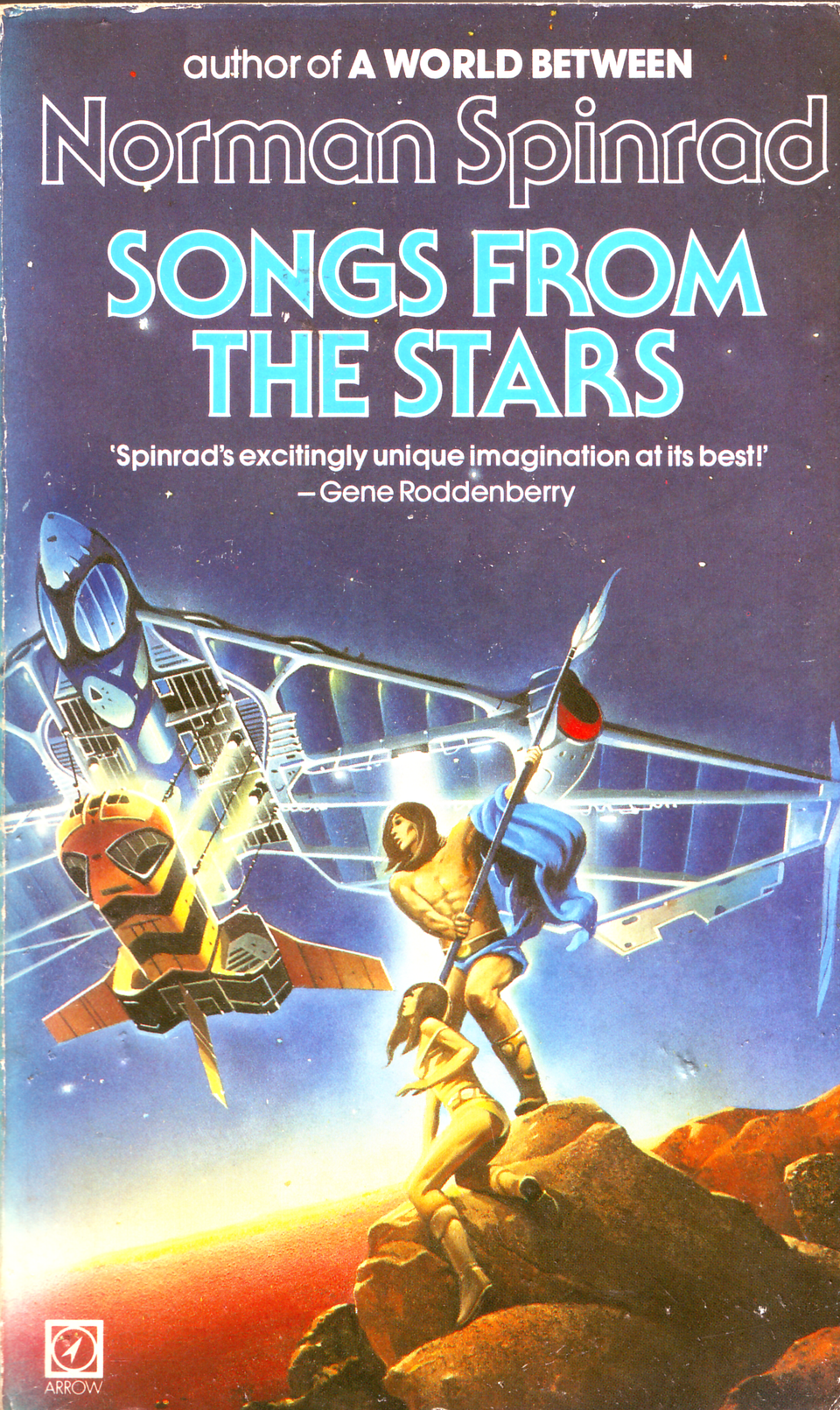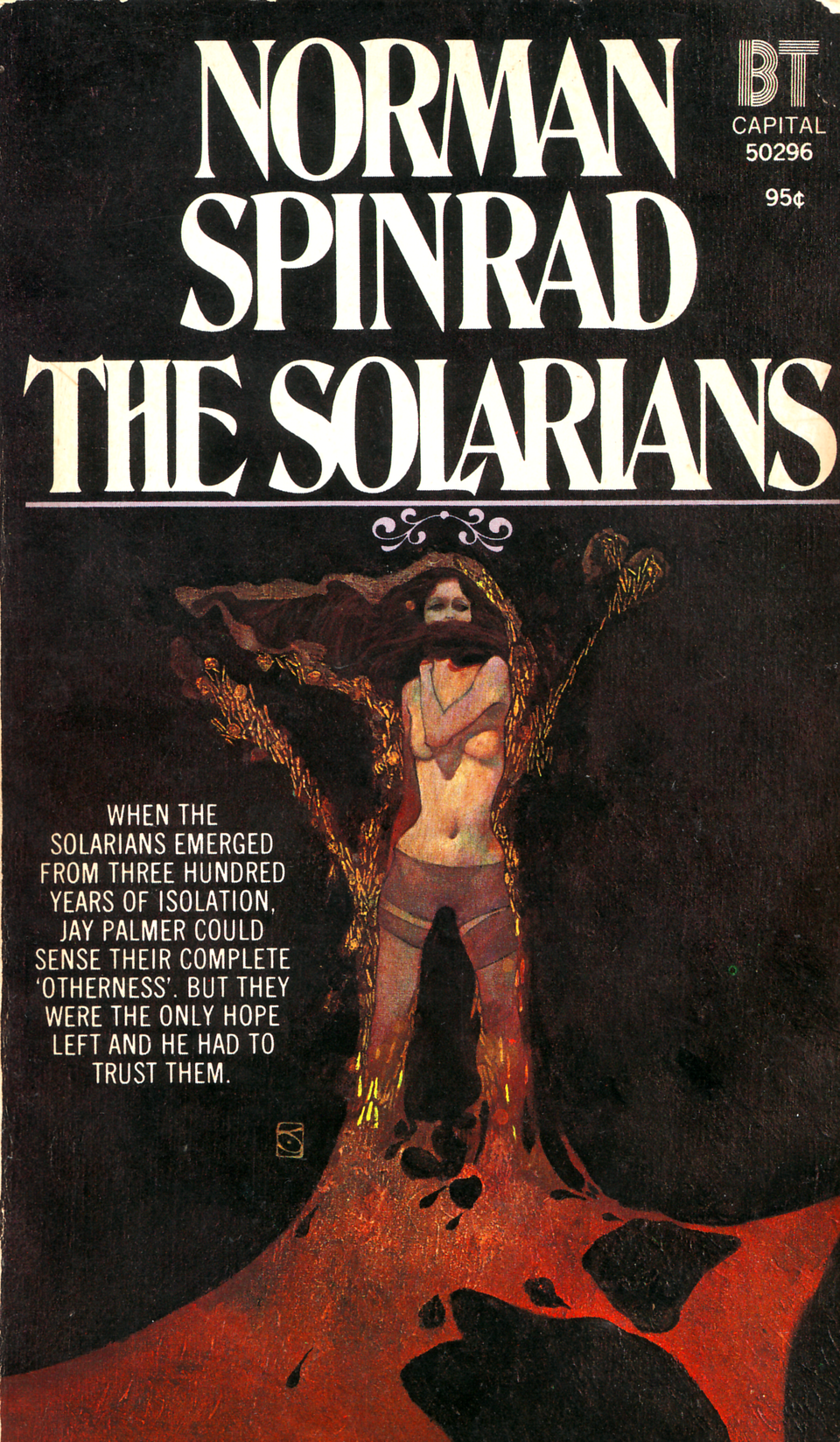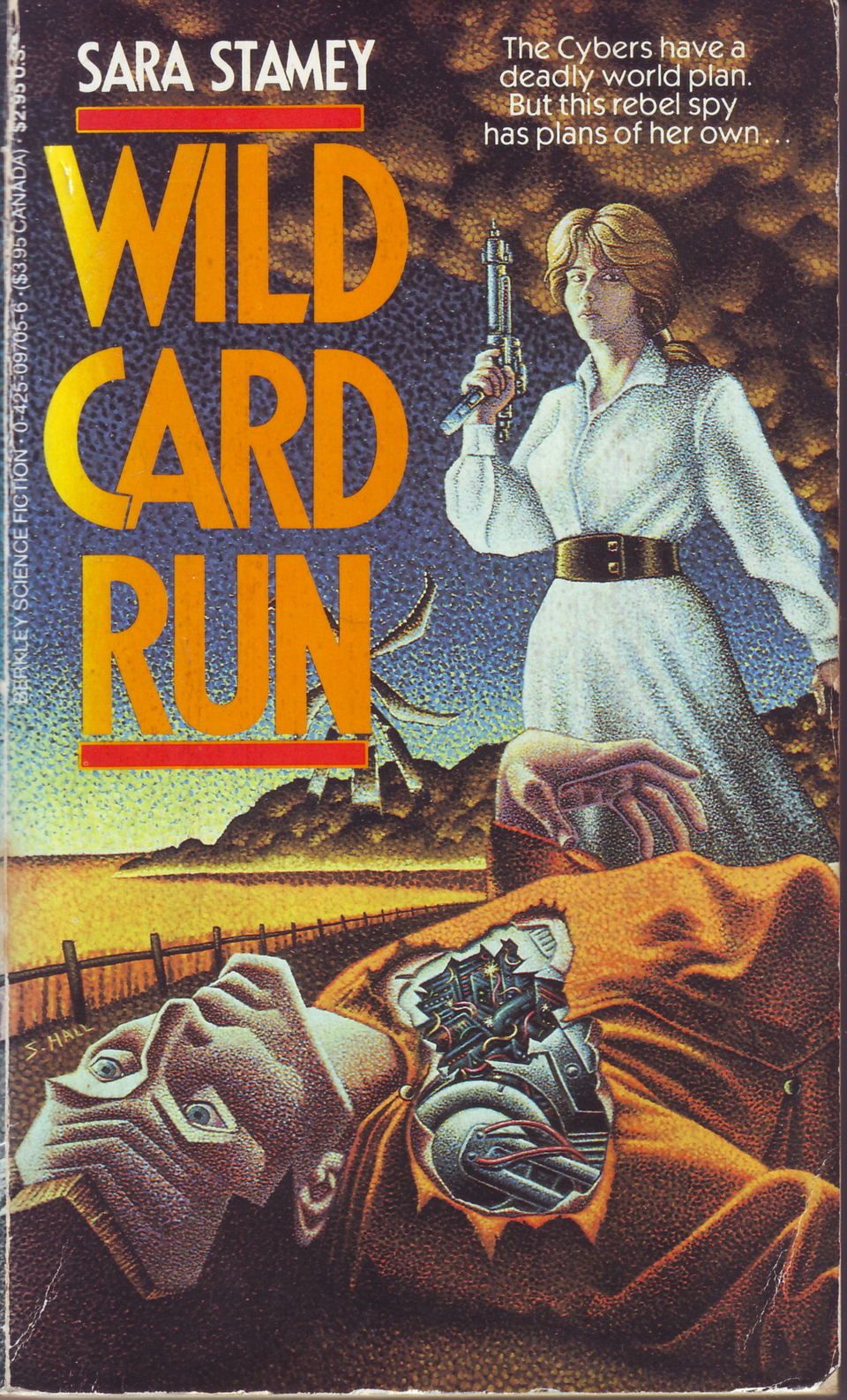Tangent Futures - GALACTIC MEDAL OF HONOUR (1977) Mack Reynolds
Technically, its not a galactic medal.
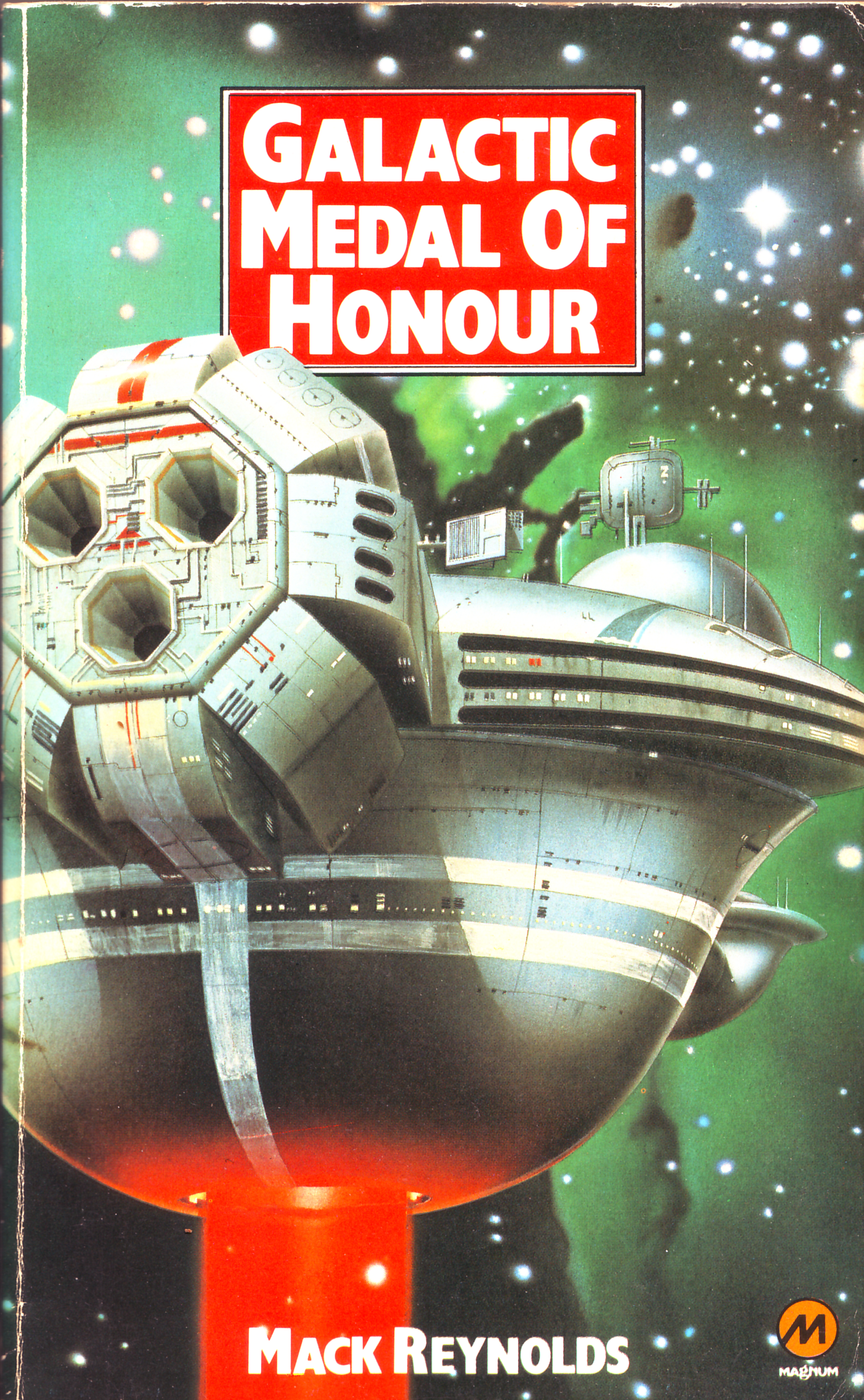
Galactic Medal Of Honour (1977) Mack Reynolds
In the future, humanity has lived for decades on a war footing. Their enemy, the mysterious Kradens, were encounted fifty years prior. Since that first skirmish, the Kradens have not been spotted or seen by anyone. Yet the solar system remains ever at vigilent alert and military service is considered the duty of every citizen.
Don Mather is one of those citizens. He's a regular sort of guy. He pilots a one man scout ship, a vessel sent on deep space patrol, to act as an early warning if the elusive enemy should ever appear.
Somehow, it's awkward how this is done, he's approached by Demming, one of the richest men in the solar system. The man is also corpulent, which the book reminds us of many, many times.
He's offered a deal. There's an abandoned Kraden vessel, which only the Demming knows the location of. Mathers is to go to it on some pretext. Then, to pretend to engage it in a heroic, valiant, last ditch desperate battle, and return. For this act of bravery, he will recieve the titular Galactic Medal of Honour, an award so prestigious he will become the most adored celebrity in the solar system. In return, he'll lend his fame to Dremming and his business ventures, as a figurehead.
They were wise to pick Mathers, because he's the most intensely Mary Sue protagonist you could hope to find. He has no emotional complications and no attachments, none whatsoever. No parents, family, girlfriend, nobody. He has a couple of friends, back at the military base, who sit in a bar and give him exposition to ruminate upon.
Don Mathers isn't the ruminating type. He doesn't seem to think much about anything at all. In most scenes, he sort of sits there as events go on around him, curious but uninvolved, like a housecat sitting on a warm sunlit patch of floor. When he is involved, his usual response is faint incredulity, often mixed with bewilderment.
He agrees. It'd be a short book if he didn't. He attacks the vessel, captures the whole thing on film, and returns to enormous fanfare. He recieves his medal from the president of earth or whoever. He's the hero who single handedly faces the first Kraden seen in half a century.
This medal is absolutely ridiculous. From there, the world bends over backwards for him. Cab drivers don't take fares. Hotels give him entire suites and entourages of staff. On his first trip out he goes to the fanciest club in town. He's asked which of the ladies present attracts him the most, and he decides on a striking redhead across the room. The maitre d' then strides over, informs her that the medal holder Don Mathers wishes her company. Upon which, she stops dinner with her husband, gets up, and leaves him to join our protagonist. She is completely smitten, goes to bed with him etc etc.
Oh, and she was on her honeymoon. Variations of this then happen repeatedly.
Ahh, you're thinking as you read it. This is a monkeys paw story. Some regular dude gets everything he wants, and the magical medal slowly starts to unravel him. Well... no. Not really. He doesn't really consider his turn of fortune at all, beyond how bewildered it makes him. He's sort of just rude to everyone, like a rich person might be, but its not a development. There's no arc of him turning from a regular happy friendly guy into a corrupted version of himself.
It's an angle the story really needs. If there was an introspective layer to it, an account of what he felt or was thinking, it'd improve it immensely. He never stops to ask simple, story improving questions. Does he deserve this? What is wealth? Is it just the ability to get what you want? Are beautiful women and vintage champagne a really fulfilling life? What will power and privilege do to him? Is this medal some sort of magical artifact?
Asked and answered with thought and care, it becomes something much better. It's a book conspicuous by this sort of absence. For a war economy, it seems remarkably prosperous. You're given no idea of what the lives of regular people are like, and remember, our protagonist was supposed to be one.
It's scant on details of the world. The one I noticed was there was no more real alcohol, just synthetic stuff. The protagonist refers to this as "guzzle" repeatedly, which I hated. Since he has all the vintage stock he can drink, he doesn't care.
He whores around a couple of places, and then is brought in by the billionaire and his aide. They're rude to Mathers, which bewilders him because people were nice before. They sit him down and tell him that they're starting a uranium mining company, with him as the head of it, but holding no stock. They're to run it, he's there just as its PR. He seems bemused by this, loses interest, then starts washing his ears with his front paw.
The whole thing is reverting to type now. What results is a very 1970s story of corruption. The leader of the "world religion" is invited to dinner, co-opted, and yes, he's corrupt and cynical. A politican comes by, he's corrupt, wants a share of the stock. The union leader barges into the office, he's corrupt too, wants a share.
Actually, a quick digression. Sci-fi writers ideas of religions of the future are often hilarious. This one was a union of all the prior world religions into one body, like a sort of corporate merger. Its such a 70s materialism sort of idea. The writers don't have a clue how to handle the subject, or the sort of deep seated historical feeling that might result from merging christianity, islam and judaism together. How would this work? What would its beliefs be? The writers don't care.
By this point you can see how lazy it is. The prose style is fine, its functional rather than artistic, but its not frustrating or bad. All the developments are completely basic-bitch. The industrialist is smug and corpulent, the religious leader is ostentatious and smoke cigars, the union leader is gruff. The rich kid is spoiled.
They tell Don he's to become a symbol of a new austerity, as one of their goals is to "reduce wages and the standard of living". People are too decadant, they complain. In a decades long war economy? They get a ghostwriter to write a totally fake biography and so on. Uranium is important for ship propulsion, and they're hoping to 'help the war effort' by cornering the market. Where the Corporal goes, the people will follow.
Oh, right. Don is still in the military. He got promoted. It doesn't matter. He sort of forgot, and so did I. He decides to resign, so he can be president of the mining whatever, and goes back to the base to get his things. Thankfully for the plot, he runs into his Expository Delivery Friend.
Hey buddy, his friend thinks aloud, has anyone even seen a Kraden? He's astute, this man. Don doesn't get it. Hey, his friend thinks aloud some more, we've been fighting this war with an enemy we never saw. Is this war even real? Did the Kradens even attack us, or did we attack them?
Philip K Dick this is not, but wow, having someone with a thought that isn't "I want a drink" or "I like money" is a groundbreaker at this point. This is an incredibly abrupt, sloppy reveal, a lurching gearchange to get the plot moving again.
So Don Mathers sobers up. Then, and this part is amazingly stupid, he calls up the admiral of the space fleet. Remember he has the galactic medal of machina.
"I'd like to see the video tapes of when the Kradens attacked," he asks, "not the edited footage, the originals."
"You can't," replies the admiral, "that's classified. You resigned from the military anyway."
Don Mathers rubs his medal with his sleeve, "might I remind you of this medal of machina?"
"Well... that's another story entirely" replies the admiral, "I'll send them to you at once."
That's not verbatim, but its close enough. I was stunned.
The greatest secret in the solar system, the crux of a deception of a huge military industrial complex. The entire power base of a wealthy elite. They just... hand it over to him. It's not like this is a magical medal. It's not that sort of book. Uncovering the secret that underpins the whole book takes a few pages.
Mathers finds that the Kradens weren't attacking at all. It was the human ships attacking them, and often attacking each other in the confusion. The whole fifty years of imminent war was just a military industrial complex ruse. Don Mathers confronts the industrialist with it, the industrialist pulls a gun but he's faced down. Something something resolution.
Oh, and then he goes to give the evidence to the president of the world. He gets to keep the medal, because he really is a hero and the solar system needs him.
If that synopsis is rushed, its because the book is. In the second half, the book is tripping over itself trying to resolve as quickly as possible. It becomes more and more frantic, dispenses totally with set and setting, or even long conversations. The whole resolution is so rushed it loses any sense of accomplishment or climax.
This is a good example of media when, faced with a narrative choice of two options, always chooses the worse, lazier path. What starts as an interesting premise slowly becomes more boring and dull as the choices are made. PARADISE HILLS (2019) is a great example of this in movie form.
In my head, I found myself rewriting it. What about this:
Don Mathers is a regular guy who finds himself making a monkeys paw bargain. He gets everything he wants, but slowly realises that the power he now has is corrupting him. That beautiful women aren't worth the price he's paid. He realises that he's becoming someone he never wanted to be. That he's joining the corrupt society he hated. In doing so, he learns some of its secrets.
Siezed by guilt, he sets off to expose the secret underpinning the corrupt elite that is all around him. There's no war. There's no need for hardship. None of it was ever necessary. Through this process, he redeems himself.
Ehh.. never mind. I guess this was just like a mediocre Star Trek episode instead.
